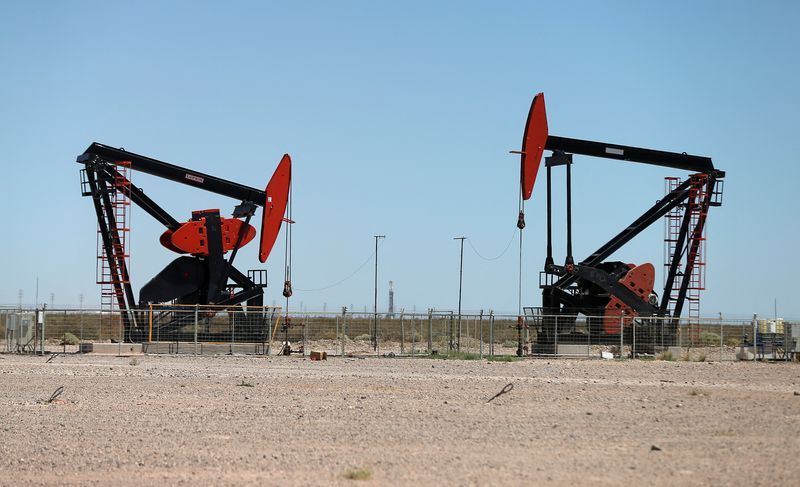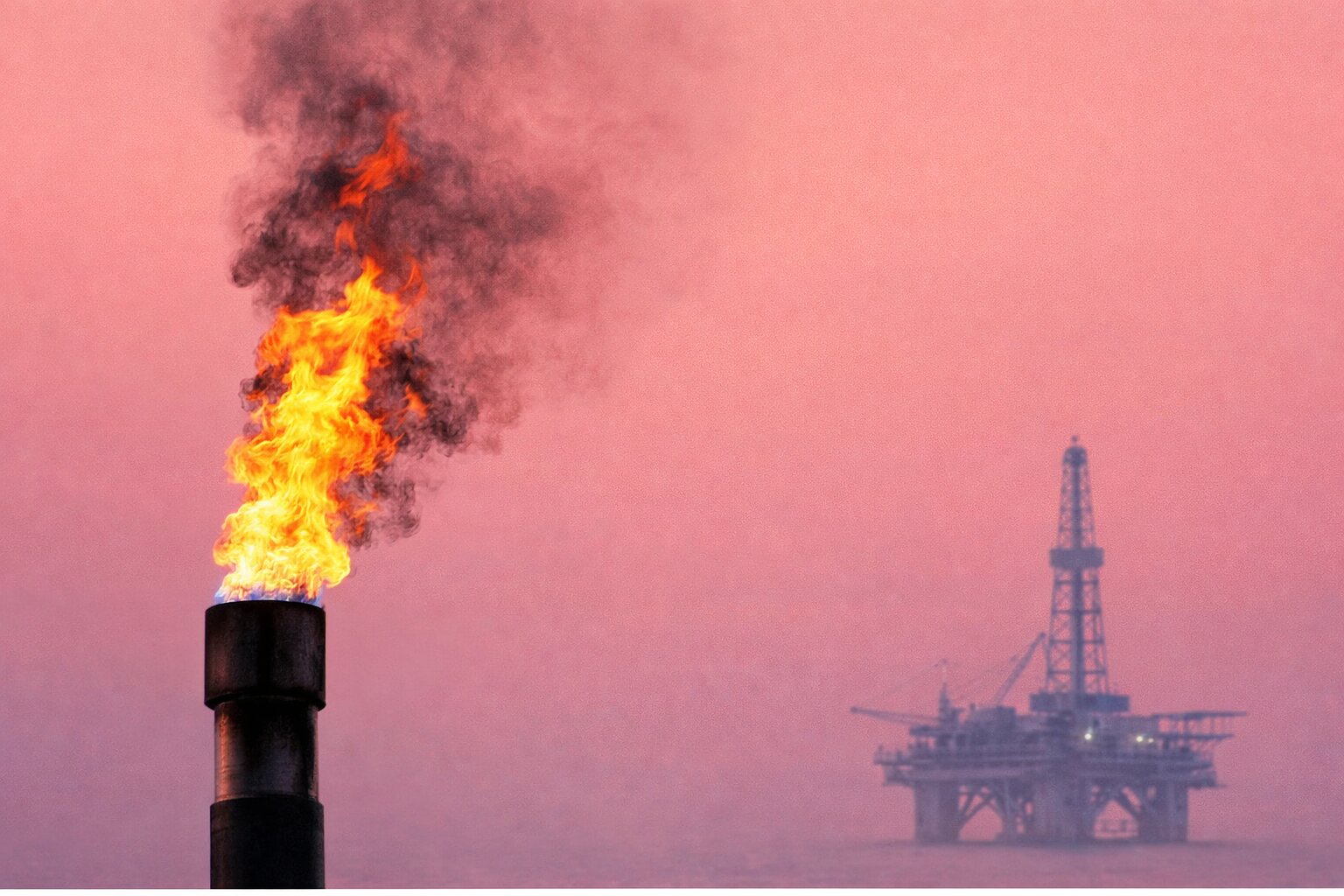
Declining Gas Prices Bring Relief to Consumers and Drive Interest in Electric Vehicles
Energy Landscape: Oil Prices, Renewable Investments, and Global Developments
As we head into the Memorial Day weekend, the spotlight once again turns to the oil market and its implications for investors. Despite recent volatility, oil prices have shown resilience, posting gains in the past week. Brent crude settled at $76.95 a barrel, marking a 0.9% increase, while U.S. West Texas Intermediate closed at $72.67 a barrel, rising by 1.2%. This positive momentum has continued for the second consecutive week, with Brent climbing 1.7% and WTI rising 1.6%.
However, the market remains uncertain as key events unfold. The ongoing debt ceiling negotiations in the United States add an element of unpredictability, and there are concerns about the potential impact of an interest rate hike by the Federal Reserve on oil demand. These factors contribute to the cautious sentiment among investors and underscore the need for a comprehensive understanding of the energy market dynamics.
One significant event on the horizon is the upcoming OPEC+ policy meeting scheduled for June 4. Ahead of the meeting, there are conflicting signals regarding oil supply. Russian Deputy Prime Minister Alexander Novak has expressed a lack of expectation for new steps or production cuts, indicating Russia's satisfaction with current prices and output. In contrast, Saudi Arabian Energy Minister Prince Abdulaziz bin Salman has hinted at possible output cuts, urging caution among short sellers. The market eagerly awaits the outcome of the OPEC+ meeting, as any decision regarding production levels will undoubtedly impact oil prices and market dynamics.
Amidst these developments, the focus on renewable energy continues to gain momentum. The International Energy Agency's World Energy Investment 2023 report predicts a significant surge in global spending on renewable energy, reaching $1.7 trillion this year. Of particular note is the projected rise in solar investments, which are expected to surpass investments in oil for the first time in history, reaching $650 billion. This shift toward renewable energy sources reflects the growing importance of sustainability and the global effort to reduce dependence on fossil fuels. Investors seeking long-term opportunities may consider exploring the renewable energy sector and its potential for future growth.
In the United States, the government is making strides in supporting domestic oil and gas production. The first block auction for oil and gas drilling rights on federal lands since the enactment of the Inflation Reduction Act is set to take place. Covering more than 10,000 acres in New Mexico and Kansas, this auction signifies the government's commitment to bolstering the energy sector. The auction presents an opportunity for investors to participate in the development of domestic oil and gas resources.
Additionally, pressure is mounting on the upcoming COP28 conference, with more than 130 politicians from the European Union and the United States advocating for the removal of Sultan al-Jaber, CEO of the UAE's national oil company ADNOC, who is also the President of the COP28 conference. These politicians argue that the oil industry hinders progress toward stronger climate action. This highlights the ongoing tension between fossil fuel production and environmental concerns, further emphasizing the importance of sustainable and renewable energy solutions.
In the global oil and gas industry, notable developments are taking place. AkerBP, a Norway-focused oil explorer, announced a significant oil discovery in the Yggdrasil area of the Norwegian continental shelf. With a gross recoverable volume of up to 90 million barrels of oil, nearly tripling the initial estimate, this discovery highlights the potential for increased oil production in the region. On the corporate front, U.S. oil major Chevron has initiated a sale process for its oil and gas assets in Congo, which could generate substantial revenue of up to $1.5 billion. These developments underscore the opportunities that exist for investors seeking exposure to the oil and gas sector.
It is essential to recognize that the energy landscape is subject to constant change, influenced by a multitude of factors such as economic conditions, geopolitical events, and environmental considerations. As investors evaluate potential opportunities, staying informed and conducting thorough research are crucial. Understanding market dynamics, global trends, and regulatory changes allows investors to make well-informed decisions and navigate the complex energy market landscape effectively.
As we approach the Memorial Day weekend and beyond, closely monitoring the energy market and its impact on the economy, sustainability efforts, and global energy consumption patterns is of paramount importance. Identifying investment prospects, assessing risk factors, and aligning investment strategies with long-term trends can help investors navigate the dynamic energy sector and position themselves for potential growth and returns.
Read More
-
IVV ETF Price Forecast: Is $684 Still Worth Paying For S&P 500 Exposure?
14.02.2026 · TradingNEWS ArchiveStocks
-
XRP ETF Rally: XRPI at $8.09 and XRPR at $11.60 as XRP-USD Rebounds Toward $1.47
14.02.2026 · TradingNEWS ArchiveCrypto
-
Natural Gas Futures Price Holds Around $3.20 as Storage Tightens and Winter Premium Fades
14.02.2026 · TradingNEWS ArchiveCommodities
-
USD/JPY Price Forecast: Yen Strength Turns 152 into a Make-or-Break Level
14.02.2026 · TradingNEWS ArchiveForex



















